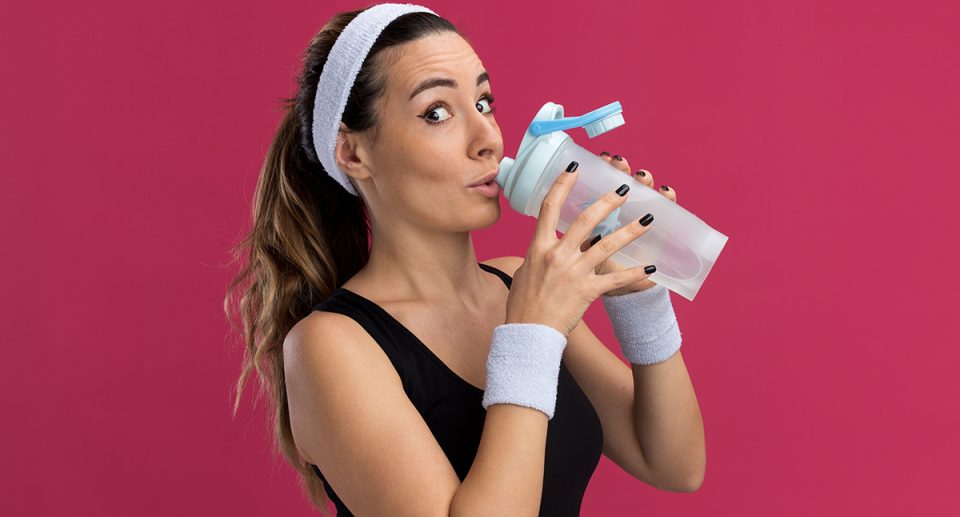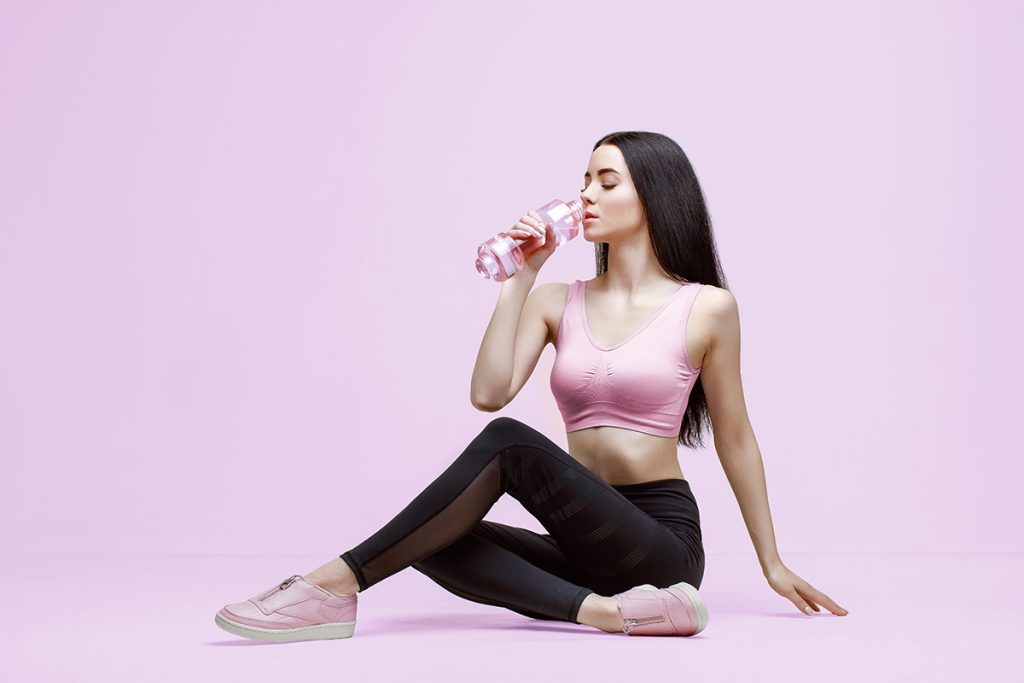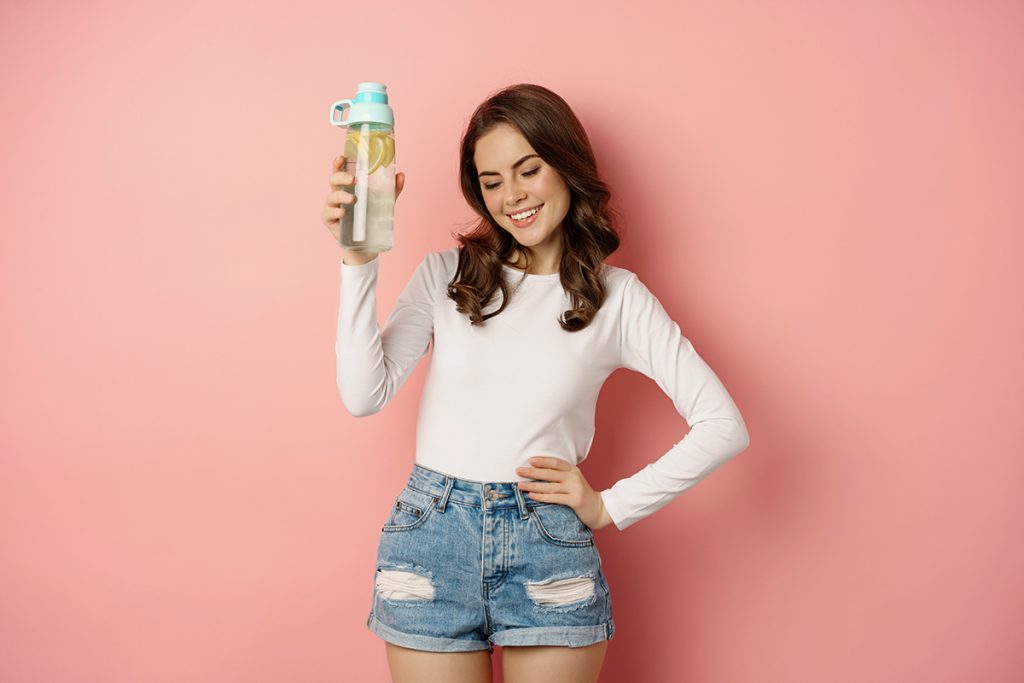How to get the proper hydration by drinking enough water

Are you meeting the recommended eight glasses of water per day? Should you be? Ensuring adequate hydration is crucial, particularly in extreme heat, as dehydration can lead to fatigue, blood pressure spikes, and irregular heart rate. However, guidelines for hydration can be elusive.
Amidst the plethora of advice on water intake, determining the right amount and recognizing dehydration can be challenging. This article explores the true recommended water intake and various factors influencing individual hydration needs.
The familiar ‘eight-by-eight’ rule suggests consuming 64 ounces of water daily, but its origin lacks scientific backing, existing mainly as a pervasive myth. While this amount may suit some, it could be excessive or insufficient for others.

Despite alternative guidelines, a definitive consensus on daily water intake remains elusive, likely due to varying individual needs. An ‘adequate intake’ for adults exists, encompassing water from beverages like milk, sports drinks, tea, and coffee, as well as from fruits, vegetables, and other foods.
For men, the adequate intake is 15.5 cups (3.7 liters or 125 ounces), while for women, it’s 11.5 cups (2.7 liters or 91 ounces). However, how you obtain this fluid volume can vary, with individual needs influenced by various factors.
You may require additional water if:
- You have a physically demanding job, particularly if it involves constant movement or outdoor work. Increased physical activity leads to more sweat loss, necessitating replenishment of fluids and electrolytes.
- You engage in frequent exercise, whether at the gym or through recreational pursuits. Even in cold weather, physical activity results in significant fluid loss, warranting higher water intake to compensate, especially during travel.
- You reside in a hot climate. Elevated temperatures prompt increased sweating, exacerbating fluid loss. Dry conditions in hot regions further intensify dehydration risk, potentially requiring greater water intake compared to tropical climates.
- You are pregnant or breastfeeding. Expectant individuals require more water to support enhanced circulation, increased caloric demands, and various physiological processes crucial for fetal development. Likewise, breastfeeding individuals need additional water to sustain optimal breast milk production.

Here are several hydration guidelines commonly followed:
- Listen to your body’s thirst signals. While some argue this approach simplifies hydration, others suggest waiting until you’re thirsty means you’re already dehydrated. Individuals vary in their sensitivity to thirst, so its effectiveness may vary.
- Consume a glass of water before and between meals. This strategy can help establish a hydration routine, though its effectiveness depends on meal frequency and portion sizes.
- Aim for eight glasses of water daily. However, this one-size-fits-all approach may not suit everyone.
- Adjust your intake based on individual hydration needs; clear urine and frequent urination may indicate excess hydration, while dark urine, headaches, and infrequent urination suggest dehydration.
- Drink half your body weight in ounces. This straightforward guideline accounts for different body sizes but overlooks factors like thirst, climate, and activity level.
How to get the proper hydration by drinking enough water conclusion
Kindly remember, optimal hydration is not a one-size-fits-all solution. Experiment with different hydration strategies to find what works best for your body. If you consistently feel energized, clear-headed, and free from dehydration symptoms, then you’re likely on the right track.
Pay attention to the color of your urine as well; it should generally be pale yellow, indicating adequate hydration. However, if you ever feel uncertain about your hydration levels or experience persistent symptoms, it’s always wise to consult with a healthcare professional for personalized guidance.
By staying mindful of your body’s needs and adjusting your hydration habits accordingly, you can maintain optimal health and well-being. Therefore, make sure to make your hydration a conscious part of your lifestyle, and reap the rewards of a well-nourished body and mind.




















